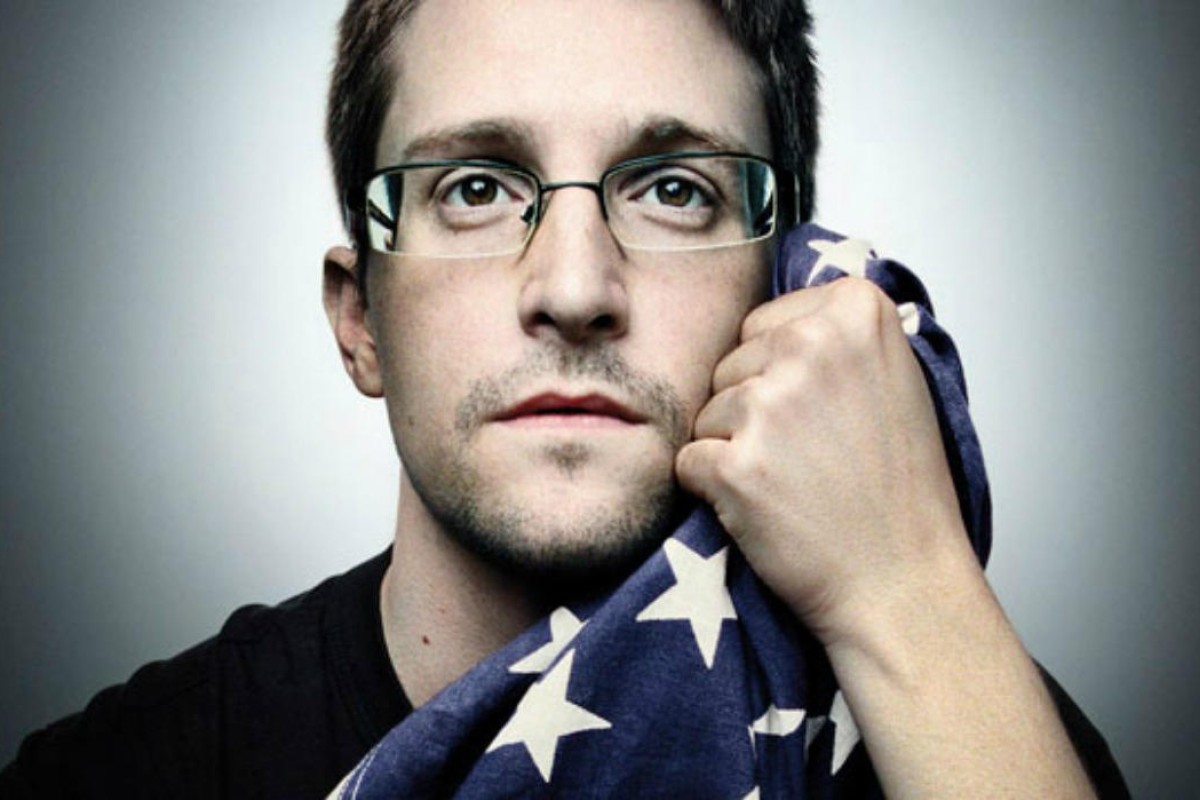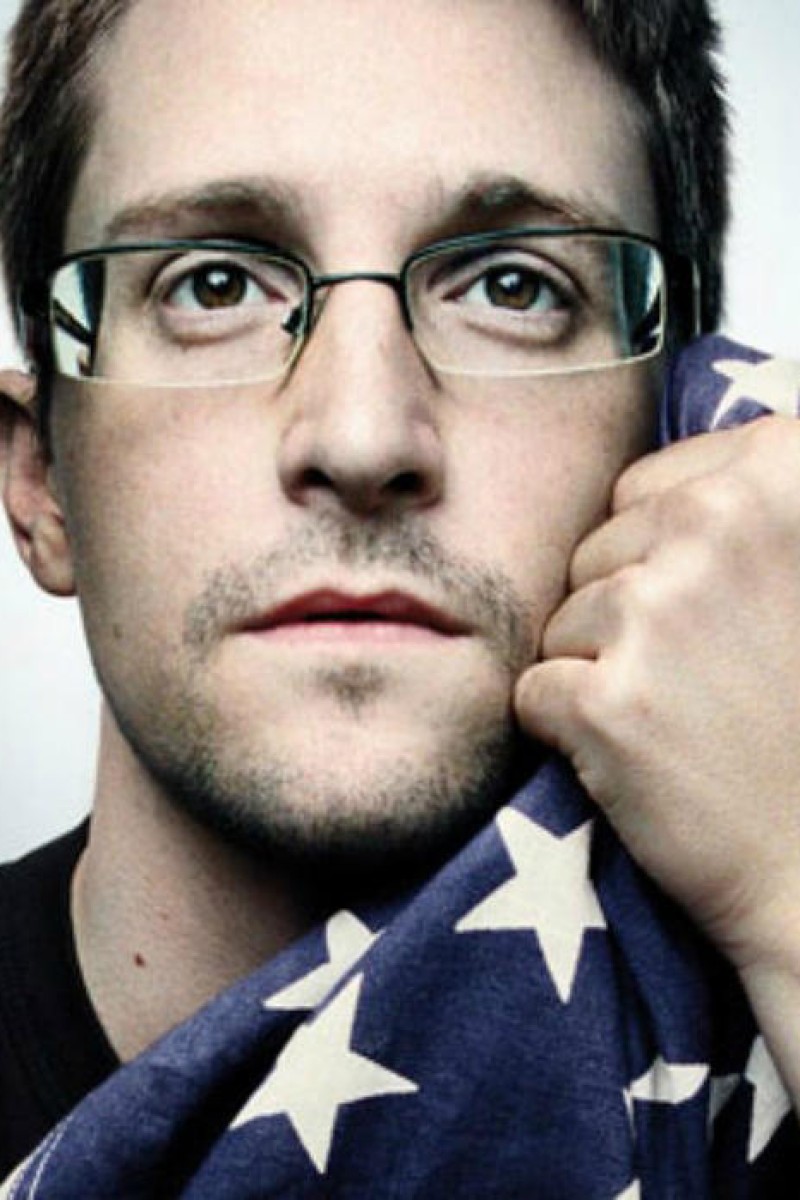 Edward Snowden is still feeling the effects of his decision.
Edward Snowden is still feeling the effects of his decision.Robert Tibbo is a human rights lawyer in Hong Kong who worked with Edward Snowden (the whistleblower who revealed the details of the U.S. National Security Agency’s spying programmes when he was in Hong Kong in summer 2013.) To this day, Tibbo’s life is still being affected by what Snowden told the world.
After a screening of the movie on April 24, Tibbo was in a panel discussion about it. He took out his phone, and showed the audience how he had removed the battery, so governments can’t remotely access the microphone to listen in on his everyday conversations.
Most of Citizenfour happens in Edward Snowden’s hotel room in Hong Kong, and the movie is named after the alias he used when he first contacted filmmaker Laura Poitras. But it’s not just about Snowden. Poitras joined security researcher and activist Jacob Appelbaum and lawyer Robert Tibbo at the panel, and they described a potentially dire future ahead in Hong Kong and the rest of the world, where the government surveillance can go further than it has ever gone in the past.
Poitras says from the moment Snowden first contacted her, she knew the stakes were high.
“It was clear to me when I started getting the emails that the person I was talking to was risking their life and then it became really necessary that I had to do everything in my power to protect the communications, the footage, everything that was there.”
While she was filming at Snowden’s hotel room, she put all the footage on encrypted drives and destroyed the originals. That way, if the Hong Kong government or the police had raided their room, the footage could not be used as evidence. She says she still gets harassed at the U.S. border. She now lives in Germany.
Poitras says the scenes of Snowden in Hong Kong are the core of the movie, and the part that comes after explores the ripple effects: government hearings in Brazil and Germany about government surveillance; The Guardian destroying files that Snowden gave them after the British government threatened to sue; The Guardian's columnist Glenn Greenwald telling Snowden in Moscow what he found out about the NSA’s drone surveillance programme.
That’s where the movie ends, but activist and security researcher Jacob Appelbaum says there’s a lot more to come from government surveillance.
“Right now we live in the very beginning of the surveillance era, the first 15 years or so, and that’s where we basically are getting access to all the information, and it isn’t finished,” Appelbaum says.
He points out that after governments have collected a massive amount of data; they’re going to start analysing it.
“There are going to be people whose entire job is to use machine learning to be able to figure out things like: are you a terrorist? Are you likely to support Tibetans? Are you likely to believe that there should be universal suffrage, based just on your behaviour, based on the data that they have?”
Appelbaum compares it the Precrime programme that science fiction writer Philip K. Dick wrote about in the story Minority Report. Precrime is a system where the police can predict when a crime is going to happen, and arrest the criminal before the crime ever happens. The story was later adapted to a movie by Steven Spielberg, starring Tom Cruise.
“We’re not there yet, but if we get there, I don’t see a lot of good coming from that, and I think it’s going to be really bad for everybody that has dissented ever, and is still alive at that point in time.”
“You will see in the next 15 years in Hong Kong, the people that are involved with the Umbrella movement here, everyone that has angered the Beijing government is going to understand that those people probably have no mercy and they will do what they can, so the more opportunities you give them for do that, the more likely you are to be in harm’s way.”
Appelbaum says this is why it’s more important than ever to start protecting ourselves online by using encryption tools like TOR, a network that makes users hard to track online; and Signal, a secure private messaging app.
Poitras says although this is a gloomy vision of the future, her movie still offers hope, in the form of whistleblowers like Edward Snowden.
“It paints a picture of not a very hopeful political landscape, but of people who are hopeful and I think that’s what the film is actually about: it’s about bravery and courage and putting bigger ideas ahead of self interest.”
